Description
“In the beginning, God…” This has been the belief of most of our ancestors, for the better part of three millennia. For several centuries though, there have been doubters, and, in response to the doubters, there have been attempts to prove the existence of God. We will examine the response to these doubters in the divine philosophy of Bahá’u’lláh (1817–1892) and his son, ‘Abdu’l-Bahá (1844–1921), both born in Iran and deceased in the Holy Land. In most cases we will be citing statements by ‘Abdu’l-Bahá, unless otherwise noted. In order to give the reader an intellectual context in which to consider these arguments, other proofs will be cited here, some of them ancient, and others of more recent provenance.
Proofs of the existence of God are for those who strive “to establish the existence of divinity, and be informed of the fundamental principles of divine philosophy”, to those who are already convinced of the existence of God and wish to establish this existence upon firm and enduring philosophical foundations; and for those who will reject the existence of God if they are not convinced otherwise.
We initially discovered three varieties of proofs for the existence of God — “rational” (logical, scientific) proofs; “scriptural proofs from the Old and New Testaments or the Qur’an”; and “spiritual proofs”. We propose that there are also sensory proofs for the existence of God, and our first Chapter is devoted to these. The Scriptural proofs are known to believers and rejected by unbelievers and hence of lesser significance and effect. It is acknowledged in the Epistemology of ‘Abdul-Bahá that inasmuch as scripture and other religious traditions are interpreted by way of the intellect, that they serve as an adjunct criterion to the criterion of reason.
This compilation and commentary has been assembled over the course of several years by author himself, with assistance from a number of authors and discussants, all of us fellow seekers after truth.


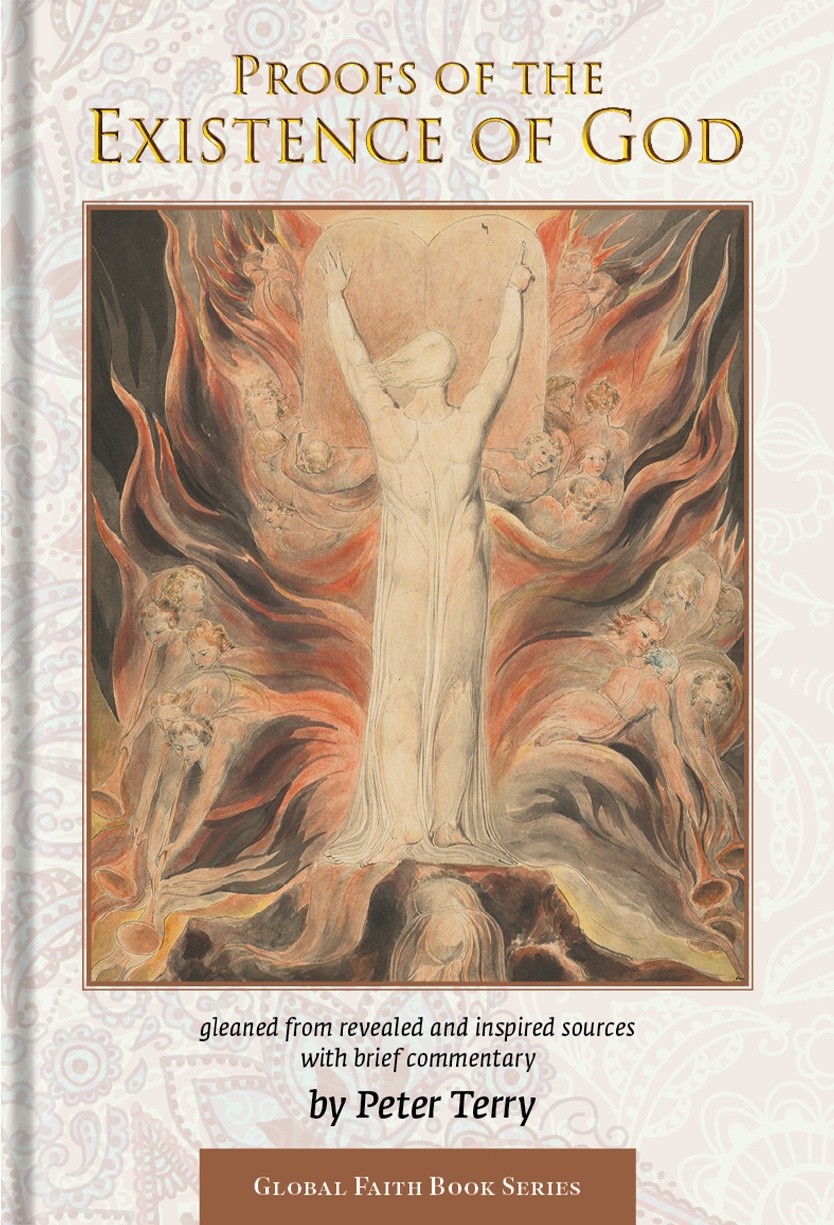
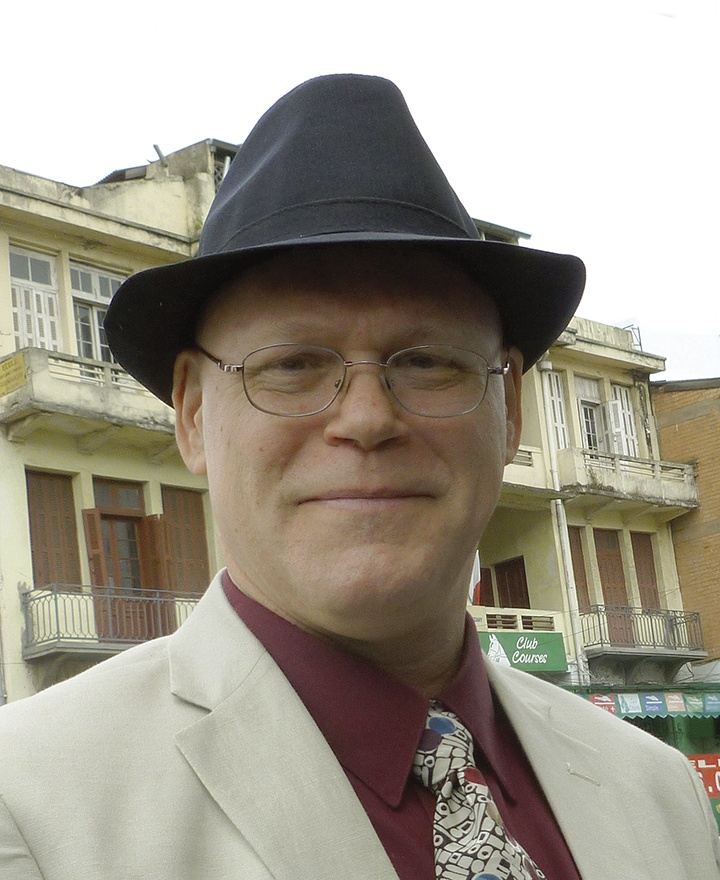 Peter Terry studied Arabic and Persian, Islamic art and architecture, history, historiography, mysticism and scripture at the University of Massachusetts and the University of Chicago. He has written books on the proofs of prophethood, also drawn from the writings and utterances of Bahá’u’lláh and ‘Abdu’l-Bahá, as well as articles on many other topics related to Bahá’í doctrine and history, many of which are published online at
Peter Terry studied Arabic and Persian, Islamic art and architecture, history, historiography, mysticism and scripture at the University of Massachusetts and the University of Chicago. He has written books on the proofs of prophethood, also drawn from the writings and utterances of Bahá’u’lláh and ‘Abdu’l-Bahá, as well as articles on many other topics related to Bahá’í doctrine and history, many of which are published online at 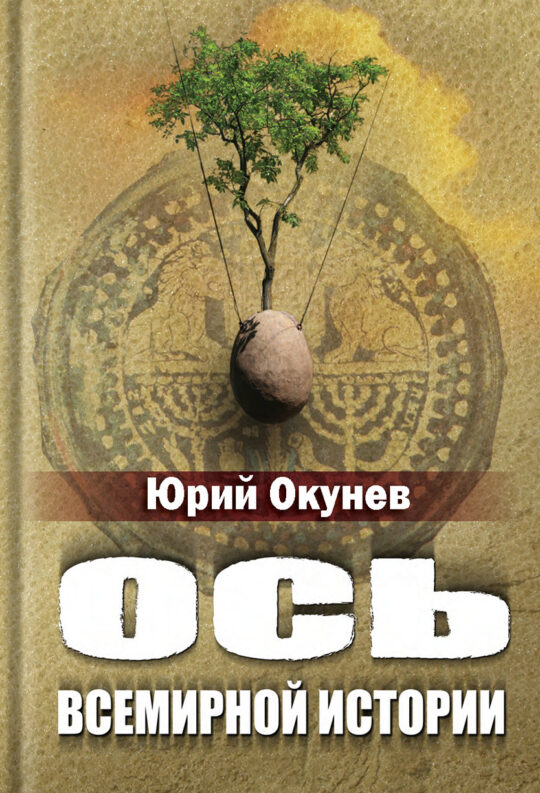
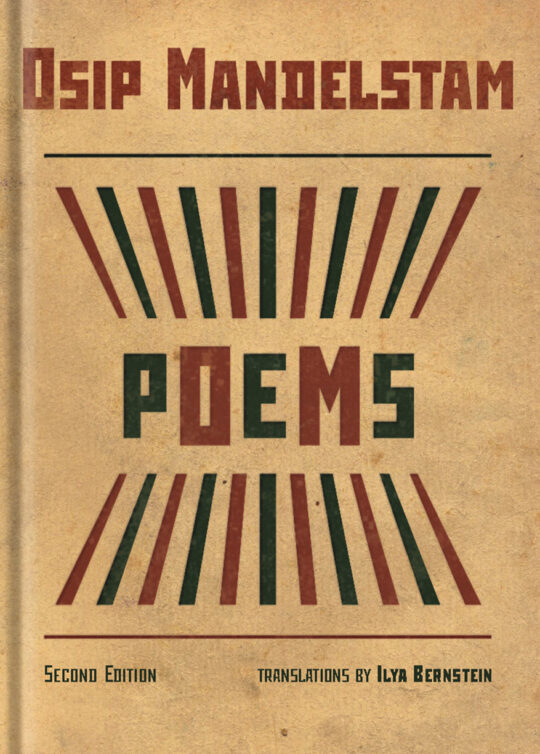

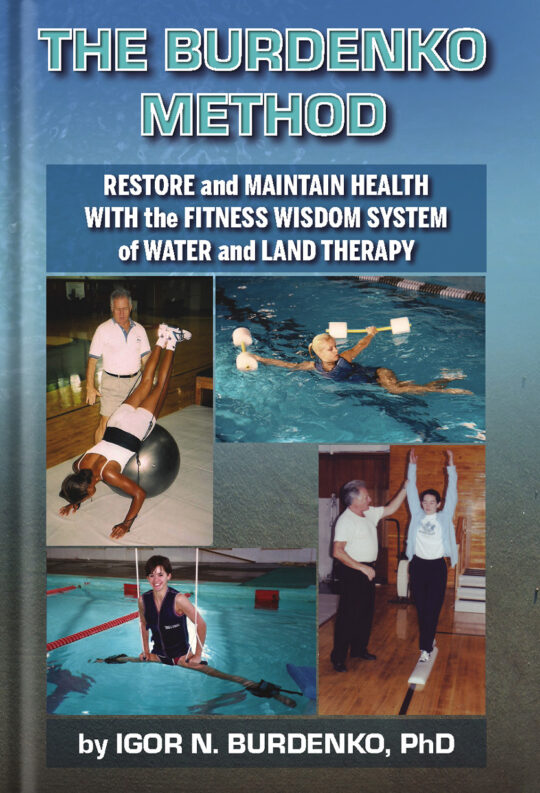
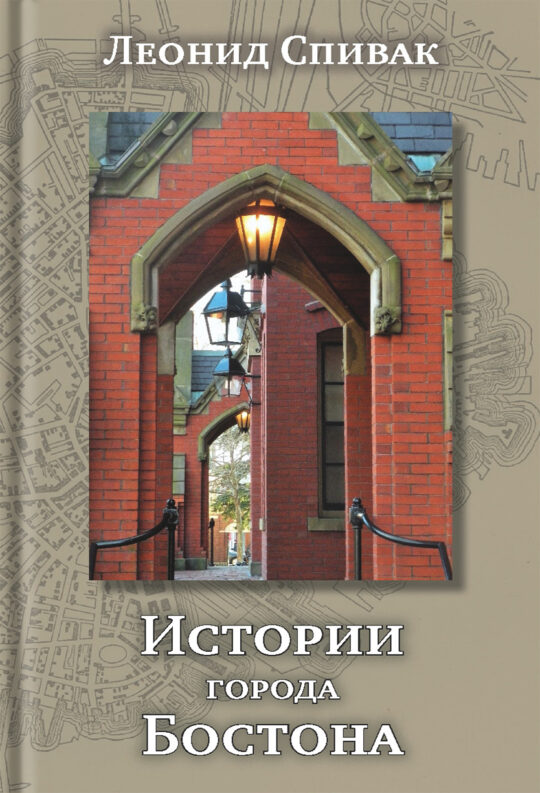

Reviews
There are no reviews yet.